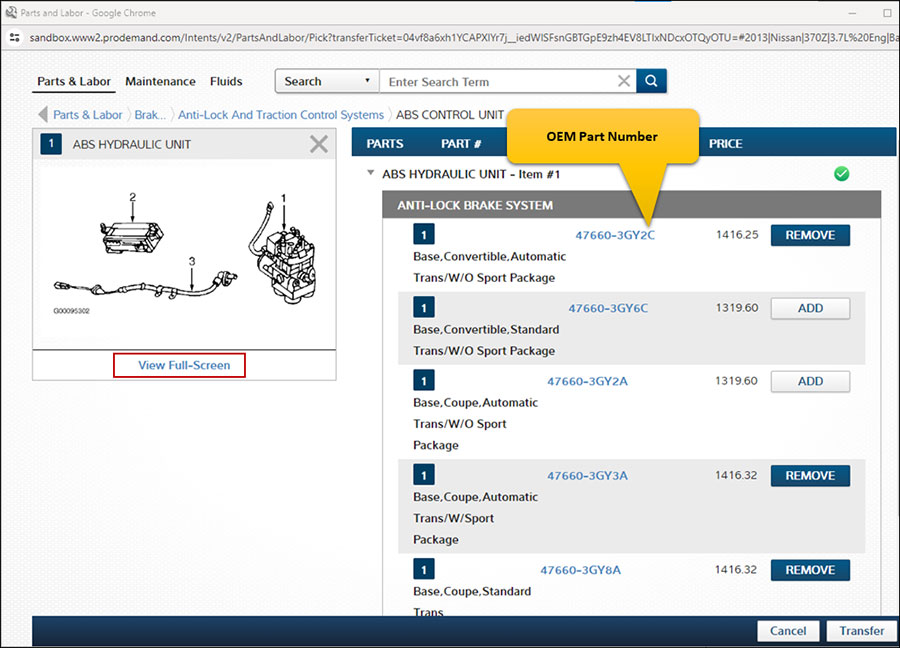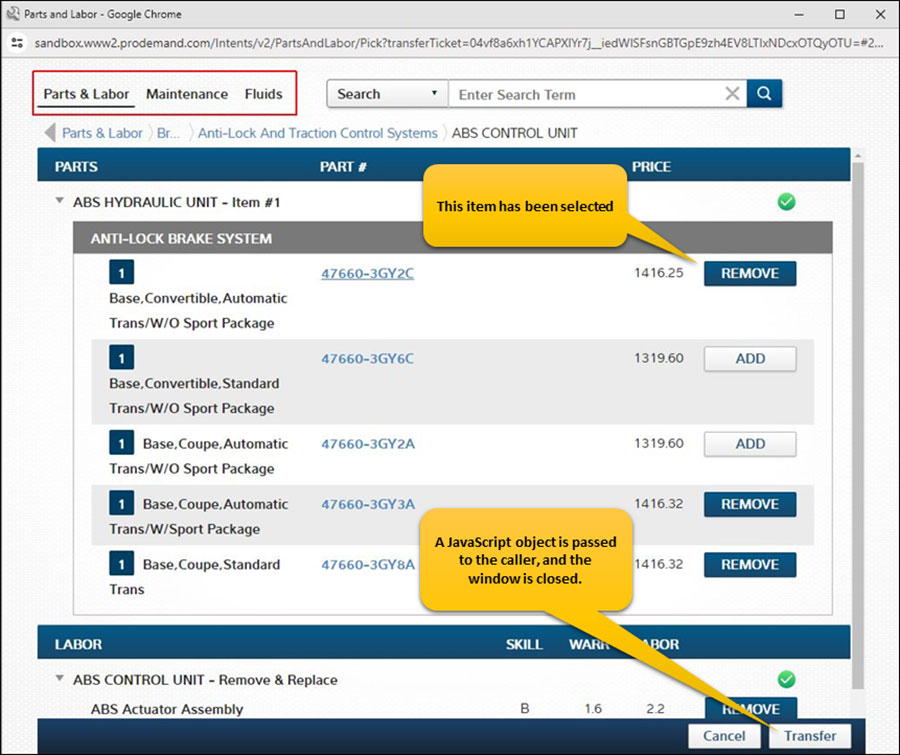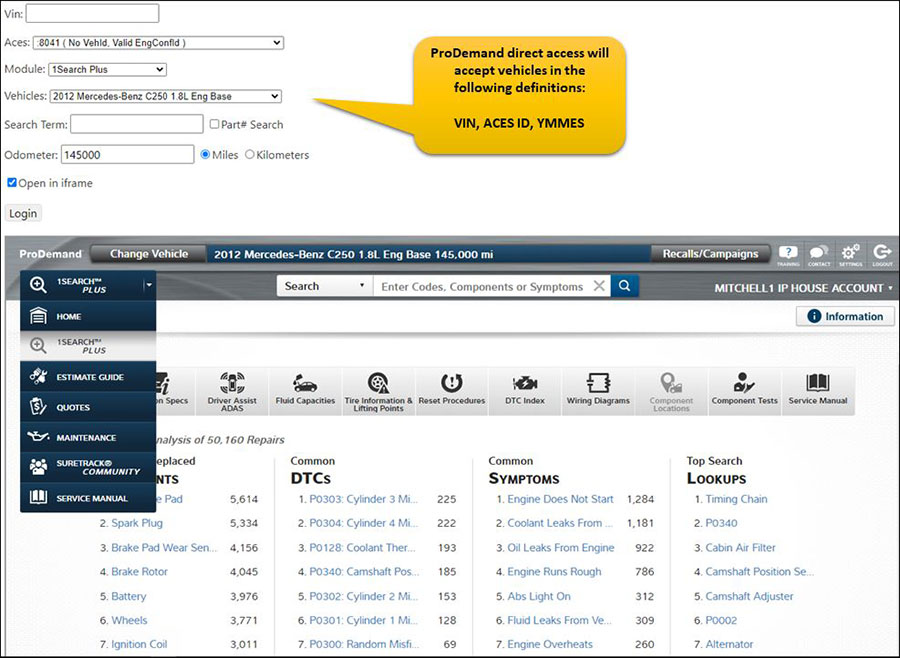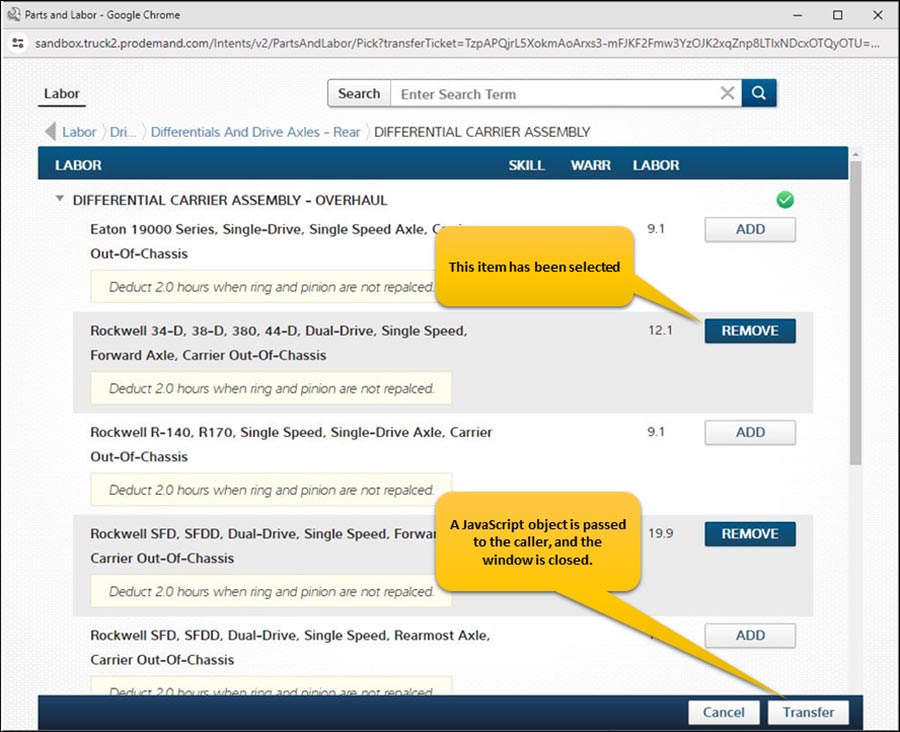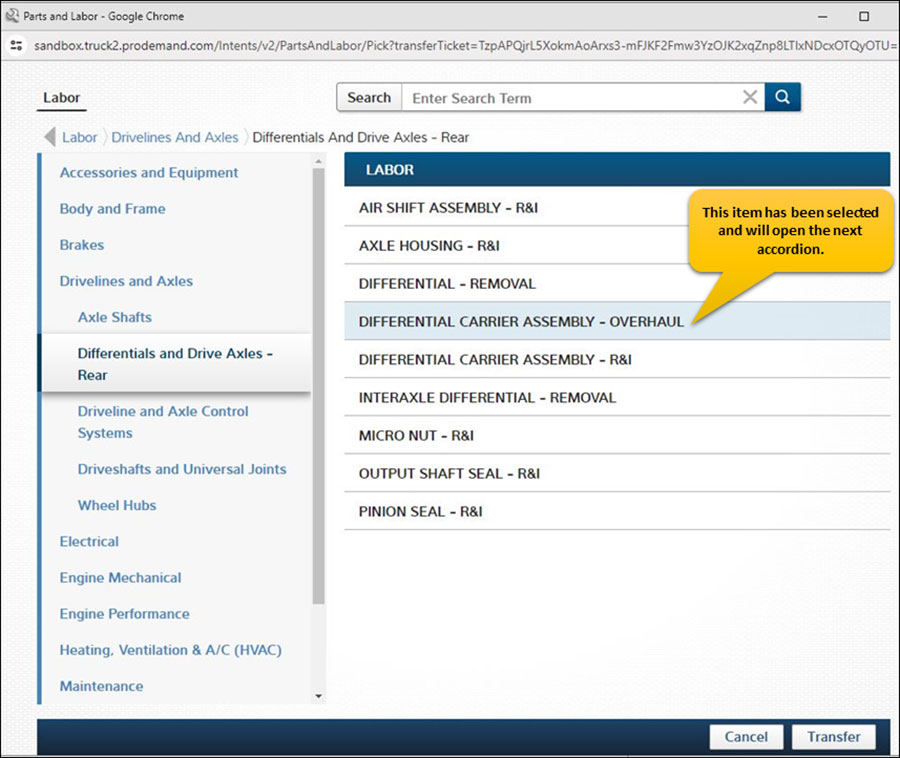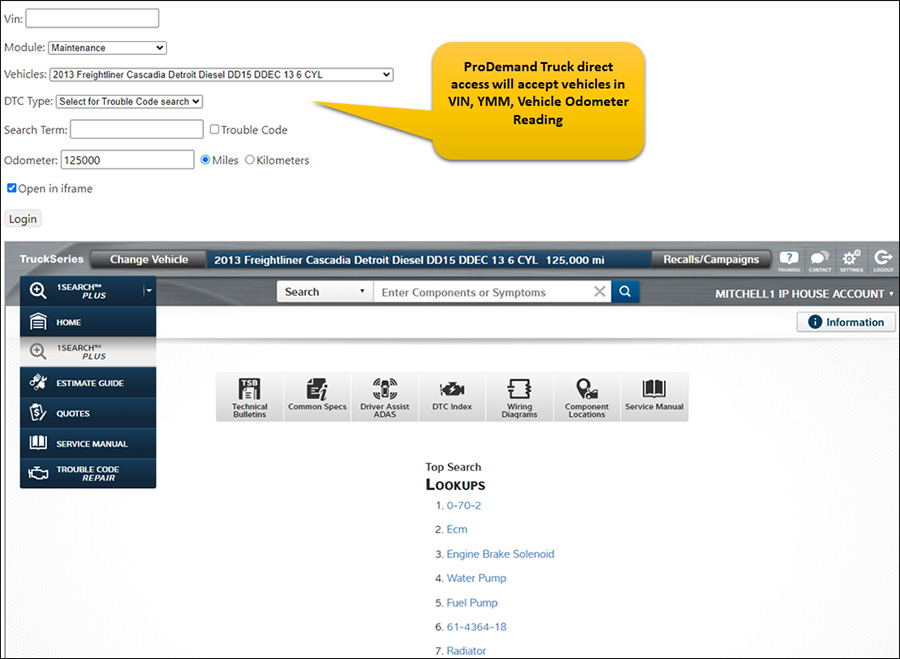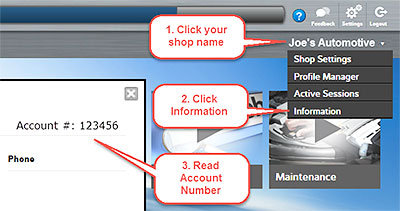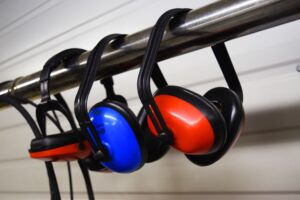 The sound of birds on a spring morning, crickets chirping in the otherwise still night, a child saying “I love you” — all are precious sounds that we perhaps take for granted. That is, of course, until they are gone from our world due to hearing loss.
The sound of birds on a spring morning, crickets chirping in the otherwise still night, a child saying “I love you” — all are precious sounds that we perhaps take for granted. That is, of course, until they are gone from our world due to hearing loss.
A truck repair shop is obviously a noisy environment, with the cacophony of air tools operating, engines running, and various other sounds constantly present when servicing and repairing vehicles. Hearing loss can be a big problem for technicians, but there are many preventive measures you can take.
My time working on the shop floor started in the final years of high school and went on for another 24 years. During that time, regular hearing protection was never given a second thought. Sure, when using tools like an air hammer or other sounds that left your ears ringing for the day, you would go get the ear muffs from the bottom back of the tool cabinet — but only when it became clear you couldn’t stand the noise. And that is assuming there was actually had ear muffs or some other hearing protection available.
It should be no real surprise that my ears began permanently ringing before I was out of my teen years. Thankfully, I continued to hear well, or at least I assumed I did, for a number of years. You really don’t sense gradual hearing loss in the beginning. You might notice after a while, when you realize that you respond with “What?” to every question others ask you. Then, many conversations may begin to sound incomprehensible, much like the teacher talking in a Charlie Brown cartoon.
Once hearing loss happens, there is no getting that hearing back. Hearing aids help but they do not make hearing what it was before the loss took place. Plus, hearing aids are expensive! Bottom line, it will always be better to try and mitigate the potential for hearing damage rather than waiting to restore the loss.
Excessive noise in not the only thing one needs to be aware of when it comes to hearing protection. For instance, a report published by the U.S. Department of Health and Human Services reveals how other non-sound related items such as exposure to chemicals and excessive heat, particularly in combination with sound exposure, may also contribute to hearing loss. Knowing the dangers and how to protect one’s self is clearly the first line of defense.
Your hearing belongs to you. There is an abundance of hearing protection devices available. However, the device you choose needs to provide adequate protection in the environment in which you are working. Determining the protection level needed should be done through exposure testing for sound levels in the workplace. The Preventing Occupational Hearing Loss: A Practical Guide publication provides numerous insights into preventing hearing loss, including the recommendation to have your hearing tested on a regular basis.
If I had known what was actually happening to my hearing, I would likely have taken acted differently and used caution. As it happened, hearing loss slowly became part of my life. Oh, and if you are wondering, even with hearing aids, I rarely hear birds tweeting, crickets chirping, or little children talking. I miss that. Here’s hoping you keep your ears protected.
Want to learn about TruckSeries?
Request a FREE DEMO today!
